A joint inquiry by two select committees has published a breakdown of fees collected by KPMG, PwC, Deloitte and EY.
This reveals the big four billed the company, pension schemes and the Government nearly £72m since 2008 relating to Carillion.
Field Field, chairman of the work and pensions committee, said: “The image of these companies feasting on what was soon to become a carcass will not be lost on decent citizens.
“We saw at the end of our evidence session that the former directors of Carillion are, unlike their pensioners, suppliers and employees, alright.
“These figures show that, as ever, the Big Four are alright too. All of them did extensive – and expensive – work for Carillion.”
PwC, now handling the liquidation process, came in for particular criticism.
He added: “PWC managed to play all three sides – the company, pension schemes and the Government – to the tune of £21m and are now being paid to preside over the carcass of the company as Special Managers.
“It was perhaps telling that, with their three fellow oligarchs conflicted, PWC were appointed to this lucrative position without any competition.”
Rachel Reeves MP, Chair of the Business, Energy and Industrial Strategy Committee, said watchdog MPs would to day question KPMG about its role in auditing Carillion’s accounts before the group’s collpase with over £1.3bn of debt.
Reeve said: “KPMG has serious questions to answer about the collapse of Carillion.
“Either KPMG failed to spot the warning signs, or its judgement was clouded by its cosy relationship with the company and the multi-million pound fees it received.
“For the sake of all those who lost their jobs at Carillion and in the interests of better corporate governance, KPMG should, as a bare minimum, review its processes and explain what went wrong.”
KPMG, who will be questioned in Parliament on 22 February, have audited Carillion’s accounts every year since the company’s inception in 1999, receiving £29.4m in fees in the process.
In documents submitted to the joint committee, KPMG does not accept any suggestion of blame but said it conducted its work “appropriately and responsibly”.
PwC said: “It’s appropriate that the Joint Committee consider all aspects of the collapse of Carillion and we will continue to cooperate fully with their enquiries.
“The Joint Committee’s request for information dates back to 2008 and the majority of the work that PwC undertook directly for Carillion was carried out prior to June 2015 rather than in the last few months before its collapse.
“Our technical skills and ability to deal with complex business problems led to our appointments to work for the Government and the Pension trustees.
“While there are only four large professional services firms, the market has been subject to extensive review by the Competition Commission (now succeeded by the Competition & Markets Authority) and European Commission. We comply with all rules that have resulted from these extensive reviews.”

 (590 × 200px) - Dec 24.gif)



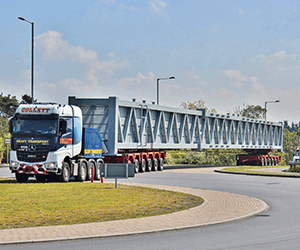
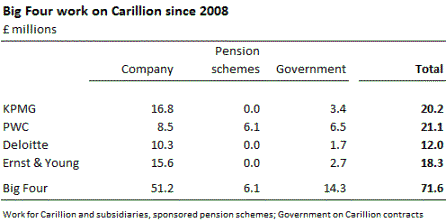





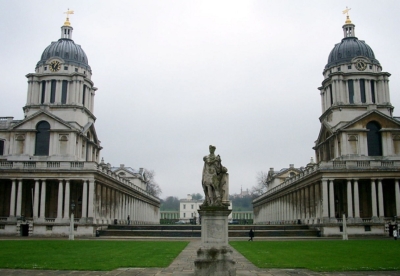


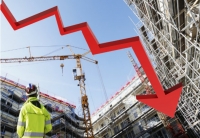

















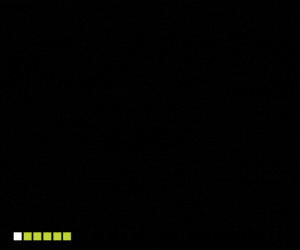











.gif)













